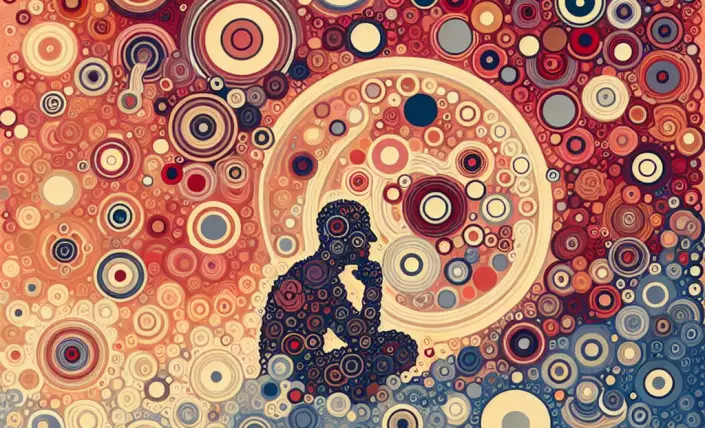Carl Jung's profound exploration of the unconscious mind invites us to embark on an intricate journey through the labyrinth of our own psyche. His concept of the collective unconscious, a repository of shared human experiences and archetypal images, challenges us to delve deeper into the layers of our own consciousness. The collective unconscious is not merely a passive backdrop; rather, it actively shapes our perceptions, emotions, and behaviors, often in ways we are not consciously aware of. This mysterious aspect of the human condition holds the potential to reveal rich insights into the depth of our being, if only we dare to explore it.
Jung's archetypes, universal symbols that arise from the collective unconscious, serve as fundamental building blocks of the psyche. They manifest in dreams, art, religion, and myths, influencing the way we interact with the world and with ourselves. The archetypes such as the Hero, the Mother, and the Shadow, among others, are not mere figments of imagination but potent forces that guide and sometimes constrain our actions. Engaging with these archetypal images can lead to a profound transformation, as we come to terms with both the light and shadow aspects of our personality. This process, which Jung calls individuation, is a path to self-realization, where we integrate these disparate parts into a harmonious whole.
In engaging with Jung's philosophy, we are prompted to reflect on the tension between our conscious intentions and the unconscious forces that drive us. The individuation process necessitates a confrontation with the Shadow, the darker aspects of our personality that we often deny or repress. Yet, it is through this confrontation that we can achieve personal growth and psychological wholeness. By acknowledging and integrating these shadow elements, we attain a deeper understanding of ourselves and our place in the world. Jung's insights compel us to question the narratives we have constructed about ourselves and to embrace the complexity of the human experience. In doing so, we unlock the potential for a richer, more meaningful existence.










